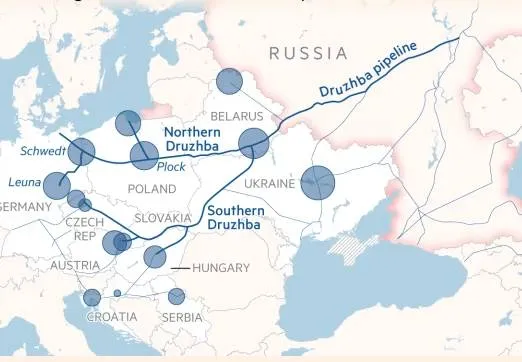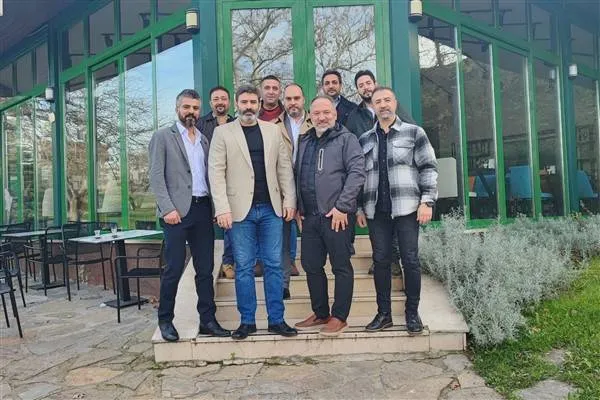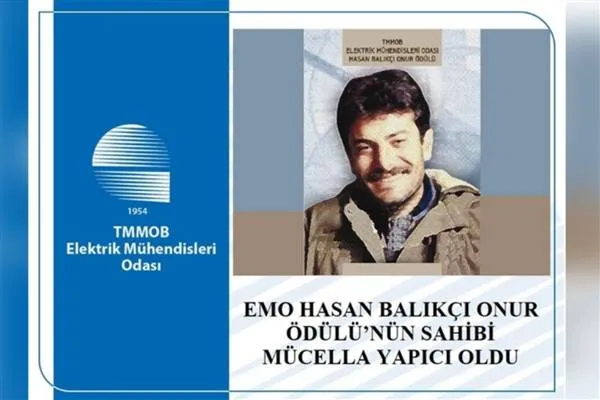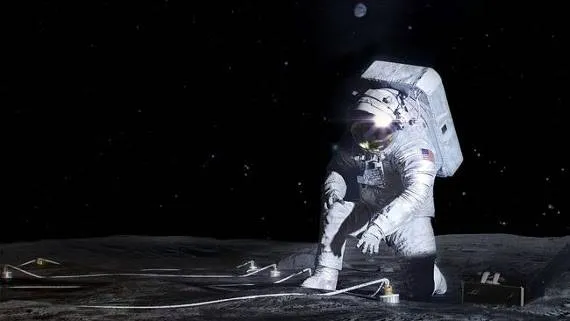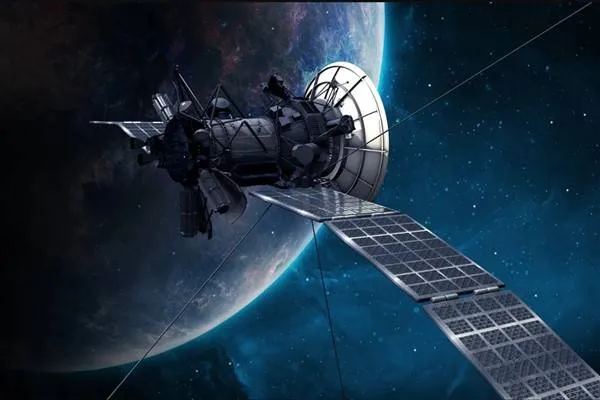EU member Hungary suspects Brussels of "energy blackmail"
Budapest, August 1 (Hibya)—Hungarian Foreign Minister Peter Szijjarto claimed on Tuesday that the European Commission (EC) could be behind Russia's suspension of oil shipments to the EU via Ukraine. Szijjarto suggested that the move could directly target Hungary and Slovakia.
Earlier this month, Kyiv halted the transit of crude oil supplied by Russian energy giant Lukoil through the Druzhba pipeline, citing sanctions against the company. The measure directly affected landlocked Hungary and Slovakia, depriving them of crude oil previously exported by Lukoil.
“Brussels remains silent despite the threat to the energy security of two EU member states and a clear violation of the EU-Ukraine association agreement,” Szijjarto wrote on Facebook. The diplomat referred to the agreement signed in 2014 after the Western-backed Maidan coup ousted then-Ukrainian President Viktor Yanukovych.
Szijjarto suggested that either the European Commission was too “weak” to protect the fundamental interests of Slovakia and Hungary or that it was “Brussels, not Kyiv”, that had orchestrated the move to “blackmail two countries that support peace and refuse to send arms [to Ukraine]”.
Shortly after the oil shipments were stopped, Budapest and Bratislava jointly opened consultations with the bloc and asked EU officials to help resolve the dispute. Brussels claimed it needed time to “gather evidence and assess the legal situation”.
Peter Szijjarto said: “The European Commission and President Ursula von der Leyen herself must make an immediate statement: Did Brussels ask Kyiv to ban oil shipments? If not, why has the EC taken no action for over a week?” he asked.
Slovakia, Hungary and the Czech Republic, all dependent on Russian energy supplies, were exempted from a block-wide ban on Russian oil shipments in 2022. Slovakia and Hungary are the only EU members who have refused to support the bloc's policy of providing military aid to Kyiv during the conflict with Russia. Both have repeatedly called for a diplomatic solution to the crisis.
Kyiv imposed sanctions on Lukoil in 2018, banning the company from divesting its business in the country and prohibiting its commercial activities and participation in the privatization or leasing of state property. Since the sanctions did not target these flows, Lukoil continued to send crude oil through the southern branch of the Druzhba pipeline.
Earlier this week, Slovak Prime Minister Robert Fico warned that Bratislava would stop exporting diesel to Ukraine if Kyiv did not resume transit of Russian oil, emphasizing that Slovak shipments account for a tenth of Ukraine's fuel consumption.
On Tuesday, Russian Foreign Ministry spokeswoman Maria Zakharova said Moscow was not surprised by the EU's failure to resolve the issue of Russian oil supplies to its members. She claimed that Brussels was using its energy resources to blackmail Bratislava and Budapest.
Usa News Agency

